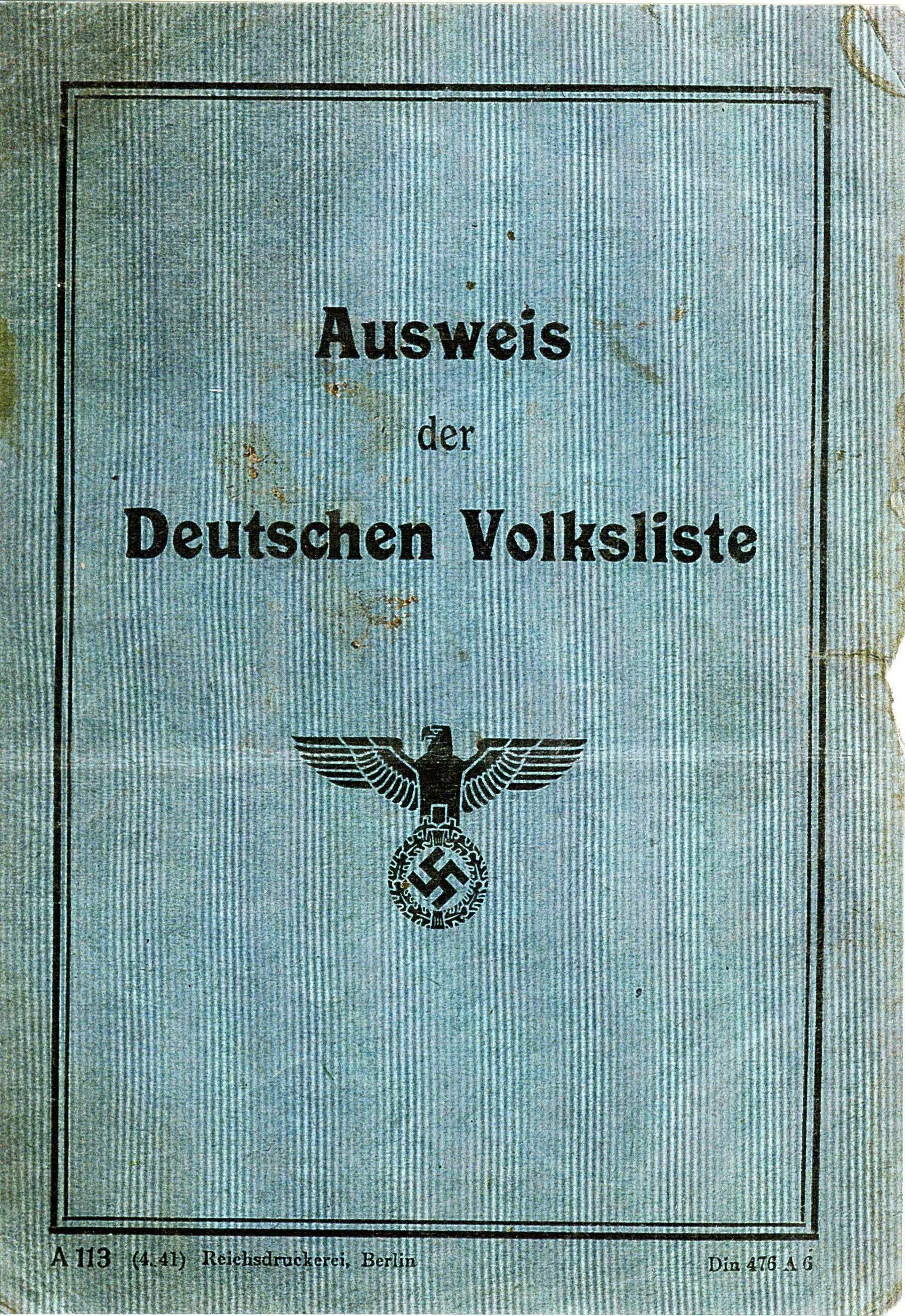Gau Ausland [overseas Nazi-party membership]
1925 was an interesting year for postwar Germany. The Weimar Republic was beginning to reap some of the rewards of economic recovery, and the nation was once again assuming a more meaningful role in world affairs. The “spirit of Locarno,” with its arbitration 7-treaties guaranteeing the frontiers of France, Belgium, Poland, and Czechoslovakia, opened the way for Germany’s membership in the League of Nations. Early 1930s also saw steps taken in the direction of searching for peaceful solutions to certain problems in foreign affairs. For example, the first important treaty that Hitler agreed to with Poland on January 26th, 1934 was a 10-year non-aggression pact that added diplomatic prestige for both nations, in reality it hamstrung Poland : in that Poland would not interfere if Germany moved against Austria or Czechoslovakia, and it did not address the smoldering German resentment toward the existence of the “Polish Corridor” [see my Blog Post] that had been created as a result of the 1919 Versailles peace settlement. It also complemented the non-aggression pact concluded by Poland a year and a half earlier, in July 1932, with the USSR
In 1931 the Nazi Party extended its membership to Germans who lived overseas, this class of membership was known as Auslandsorganisation der Nationalsozialistischen Deutschen Arbeiterparte [NSDAP/AO or Gau Ausland]had as its Gaulieter Ernst Bohler. Gau Ausland Poland had only 17-party members, but no organization as Polish members were scattered all over Poland. The other limiting factor was that Gau Ausland only accepted full-German citizens. The Treaty of Versailles had placed millions of people who were former-German citizens into the border territories of Denmark, Poland, Czechoslovakia, Belgium, and France, while other thousands were separated from their homeland in Danzig, Memel, and the Saar, but they did nor have access to the NSDAP
So, in Poland, these Polish-Germans, who could not become members of Gau Ausland had to wait till specialised categories were formed for Polish nationals of German Descent the [see my blog post] Volksliste
